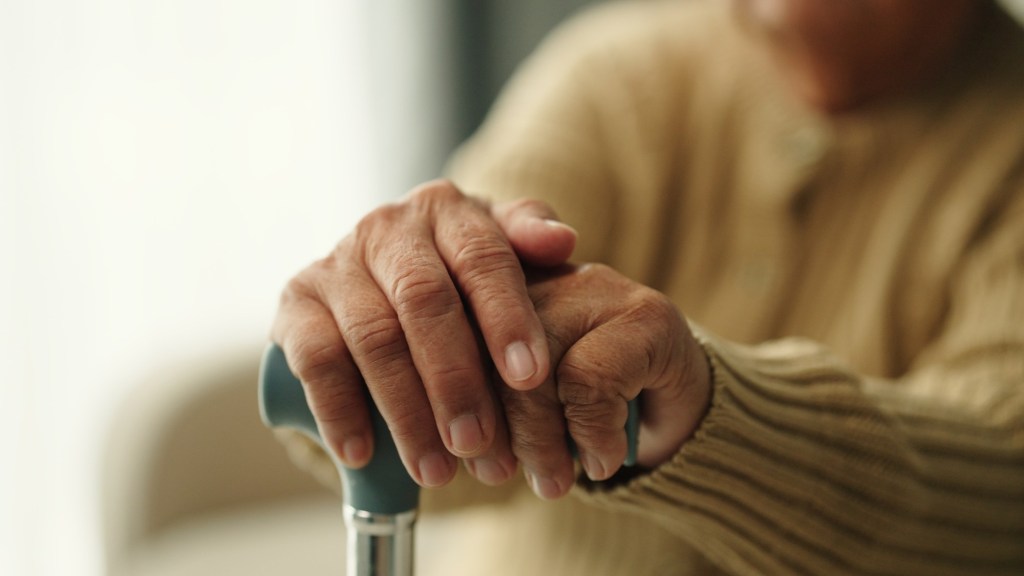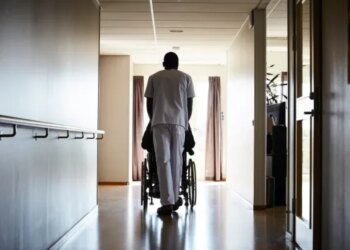Judith Graham, KFF Health News (TNS)
Sociologist Elena Portacolone was taken aback. Many of the older adults in San Francisco she visited at home for a research project were confused when she came to the door. They’d forgotten the appointment or couldn’t remember speaking to her.
It seemed clear they had some type of cognitive impairment. Yet they were living alone.
Portacolone, an associate professor at the University of California-San Francisco, wondered how common this was. Had anyone examined this group? How were they managing?
When she reviewed the research literature more than a decade ago, there was little there. “I realized this is a largely invisible population,” she said.
Portacolone got to work and now leads the Living Alone With Cognitive Impairment Project at UCSF. The project estimates that that at least 4.3 million people 55 or older who have cognitive impairment or dementia live alone in the United States.
About half have trouble with daily activities such as bathing, eating, cooking, shopping, taking medications, and managing money, according to their research. But only 1 in 3 received help with at least one such activity.
Compared with other older adults who live by themselves, people living alone with cognitive impairment are older, more likely to be women, and disproportionately Black or Latino, with lower levels of education, wealth, and homeownership. Yet only 21% qualify for publicly funded programs such as Medicaid that pay for aides to provide services in the home.
In a health care system that assumes older adults have family caregivers to help them, “we realized this population is destined to fall through the cracks,” Portacolone said.
Imagine what this means. As memory and thinking problems accelerate, these seniors can lose track of bills, have their electricity shut off, or be threatened with eviction. They might stop shopping (it’s too overwhelming) or cooking (it’s too hard to follow recipes). Or they might be unable to…
Read the full article here







